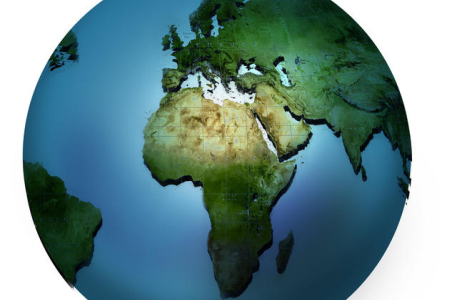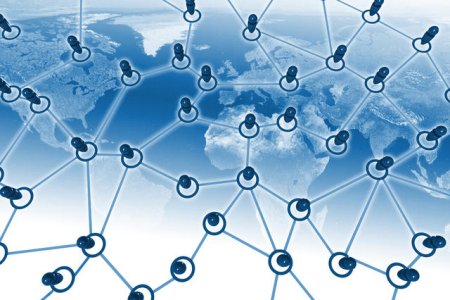The Real Reason Why People Hate to Collaborate
As we can see from multiple psychological and sociological studies, it is more rewarding to work in a group than alone. Hence, why do we not cooperate all the time? If we are made of a desire to receive and can receive more by collaborating, then why are we not collaborating? What is it about our nature that, despite the 1,200 studies that prove it is better to work together than alone, we have not thoroughly installed these methods in our education system? And why do schools (and the entire education system), media, sports, and politics still promote competitive and individualistic behavior, extolling successful individuals? Why not extol people who promote bonding and mutuality, if evidence proves that it would work to everyone’s benefit?
The reason why this is so is because in Stage Four of the development of the egoistic desire we are no longer satisfied with achieving more. Achieving more was what we wanted in Stage Three. In Stage Four, our primary desire is to achieve more than others. We want to be unique and superior, just like the Creator. Thus, we may provide hard, indisputable evidence that it is better to work together than alone, but without feeling that this is so, our egos will not succumb to the idea. In Stage Four, solutions must first satiate the ego before we can approach daily life tactics to improve our achievements.
In regard to the above paragraph, in “Peace in the World,” Baal HaSulam elaborates on our sense of uniqueness: “The nature of each and every person is to exploit the lives of all other people in the world for his own benefit. And all that he gives to another is only out of necessity; and even then there is exploitation of others in it, but it is done cunningly, so that his neighbor will not notice it and concede willingly. The reason for it,” he explains, “is that… because man’s soul extends from the Creator, who is one and Unique [referring to the single law of bestowal that creates and sustains the world]… man… feels that all the people in the world should be under his own governance and for his own private use. And this is an unbreakable law. The only difference is in people’s choices: one chooses to exploit people to satisfy lower desires, and one by obtaining government, while the third by obtaining respect. furthermore, if one could do it without much effort, he would agree to exploit the world with all three combined—wealth, government, and respect. However, he is forced to choose according to his possibilities and capabilities. This law can be called, ‘the law of singularity in man’s heart.’ No person escapes it, and each and every one takes his share in that law.”
You Can Either Be Unique and Creative Alone… Or With the Creator
On october 15, 2006, Sam Roberts of The New York Times published a story titled, “To Be Married Means to Be Outnumbered,” where he referred to a census. The story revealed that “Married couples, whose numbers have been declining for decades as a proportion of American households, have finally slipped into a minority… The American Community Survey, released… by the Census Bureau, …found that 49.7 percent [of] households in 2005 were made up of married couples… down from more than 52 percent five years earlier.” Moreover, revealed Roberts: “The numbers of unmarried couples are growing. Since 2000, those identifying themselves as unmarried opposite-sex couples rose by about 14 percent, male couples by 24 percent and female couples by 12 percent.”





